Review of the Broadway musical Hamilton, now playing at the Richard Rodgers Theater on 46th Street in New York City.
Let me confess at the outset that I’m not a movie, television, or Broadway critic. I’m a trained academic historian, and most of my publications have focused on the era of the American Revolution. In recent years I’ve viewed episodes of some pretty ridiculous programming about this era. The two biggest farces were two seasons of Turn (AMC Network) and the mini-series Sons of Liberty (History Channel). Amazingly, each of these forms of historical fiction, in which insipid dramatic action casts something like a California Howdy at real history, has been renewed for another season.
No wonder I entered Richard Rodgers theater somewhat skeptically on a Friday evening with ticket in hand to see the hit Broadway musical Hamilton. Was it going to be an evening spent swimming around in another pool of historical hogwash? In two words: ANYTHING BUT? Why? Reasons abound.
Hamilton is the brainchild of Lin-Manuel Miranda, clearly a genius with Broadway experience (In the Heights) who knows how to craft a meaningful story. Miranda read and felt inspired by the contents of Ron Chernow’s highly regarded biography about Hamilton (2004). Miranda then created a plot line that takes his audience through the life of this brilliant but controversial Revolutionary leader.
Unlike the potboilers Turn and Sons of Liberty, Miranda remains faithful to the historical record, only employing creative license a few times to facilitate the flow of characters and events. Yes, the Marquis de Lafayette appears in a magical 1776 scene when he really didn’t arrive in America until 1777. And true, the Compromise of 1790 occurred before the Maria Reynolds affair began, not after. However, we’re not talking about such nonsense as George Washington hallucinating in the woods and having conversations with his late half-brother Lawrence about how events might turn out (pun intended).
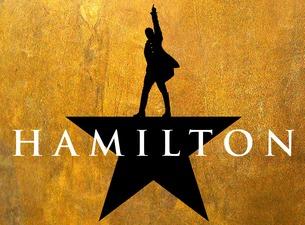 What is impressive is that Miranda made so few factual adjustments as he put words to music and developed his cast of characters. The musical score represents a combination of hip hop with moments of rap along with soothing rhythm and blues. At one point, I thought there was a rendition of boogie woogie in the scene in which Jefferson returns from France. Not exactly a fan of hip hop, it took me a few moments to catch on to the rapid cadence of rhyming words, especially in the opening scene. Still, the musical presentation throughout represents an unforgettable tapestry of sounds and words that beautifully reify the rise and then tragic fall of Alexander Hamilton.
What is impressive is that Miranda made so few factual adjustments as he put words to music and developed his cast of characters. The musical score represents a combination of hip hop with moments of rap along with soothing rhythm and blues. At one point, I thought there was a rendition of boogie woogie in the scene in which Jefferson returns from France. Not exactly a fan of hip hop, it took me a few moments to catch on to the rapid cadence of rhyming words, especially in the opening scene. Still, the musical presentation throughout represents an unforgettable tapestry of sounds and words that beautifully reify the rise and then tragic fall of Alexander Hamilton.
Miranda, brilliantly playing Hamilton, has Puerto Rican roots (which fits in a certain way with the real Hamilton, born on the island of Nevis before migrating to America). And in a fascinating twist of reality, African Americans play the main characters–Aaron Burr, George Washington, Thomas Jefferson, James Madison, Angelica Schuyler, and others. Some historical purists might be offended, but the production is amazingly free of chit chat about slavery and race, truly refreshing in our modern era of political correctness. Burr is Burr, Washington is Washington, and on down the line of characters, regardless of race. From my perspective, it’s a twist that adds power to the presentation and actually makes one think what the world might be like freed from racial stereotypes.
What about the plot? The opening number provides a preview of the story that follows. It introduces Hamilton and his adversary Aaron Burr. They begin as friends but with different agendas. Hamilton is the young man in a hurry. Hamilton pronounces his theme: “I am not throwing away my shot,” meaning that he intends to accomplish great things with his life. Burr keeps cautioning him to slow down, not to be in a rush. Burr: “Let me offer you some free advice. Talk less….Smile more….Don’t let them know what you’re against or what you’re for….You wanna get ahead?…Fools who run their mouths will end up dead.”
So begins the looming confrontation between cynical Burr, who just wants to get ahead for the sake of, well, getting ahead, and the hard working Hamilton who seeks to make a great name for himself through significant contributions to the Revolution and the early republic. Overall, the show features forty-six scenes that cover a full array of Hamilton-related topics, everything from Hamilton’s moment of military glory at Yorktown to funding and assumption, the Maria Reynolds affair, the tragic loss of his son Philip in a duel with a political hack named George Eacker. As the story unfolds, we begin to see a distressed, disillusioned Hamilton who finally decided, in his personal misery, to aim high and finally throw away his shot before Burr levels his pistol and mortally wounds his former friend turned jealous political rival.
Everyone who sees the show will likely pick out their favorite scenes. For me, there are too many to mention in this review. Certainly “Ten Duel Commandments” early on in the first half is a fascinating rendition of the etiquette of dueling, the sum of which gets repeated as Burr and Hamilton begin to square off in their fateful 1804 meeting at Weehawken. Another personal favorite is “Cabinet Battle #1″ in which a very hip hop Thomas Jefferson takes on Hamilton in pointing toward the Compromise of 1790–funding and assumption in return for locating the national capital closer to the South along the Potomac River. If I counted correctly, there are three show stopping interludes featuring George III, who declares at one point: “And when push comes to shove, I will send a fully armed battalion to remind you of my love!”
The show ends quietly with Hamilton’s death. Burr admits that killing Hamilton ruined his own political career. Jefferson confesses that Hamilton’s financial system was “a work of genius. I couldn’t undo it if I tried. And I tried.” Indulgent wife Eliza lives on for another fifty years performing good works, wondering what Hamilton could have accomplished with more time had he survived the duel. And my favorite line: “Legacy. What is a legacy? It’s planting seeds in a garden you never get to see.”
If the musical production Hamilton offends someone, that’s their problem. If you want to insult your intelligence, tune in to the upcoming seasons of Turn and Sons of Liberty. If you want to uplift yourself and learn more about the realities of American history in the process, go see Hamilton. Tickets are scarce, hardly surprising with so powerful and meaningful a presentation. Even though I’m not an entertainment critic by profession, let me offer my rating. Hamilton deserves six stars on a five star system. My grade: A+. I’m ready to go again whenever that opportunity presents itself.







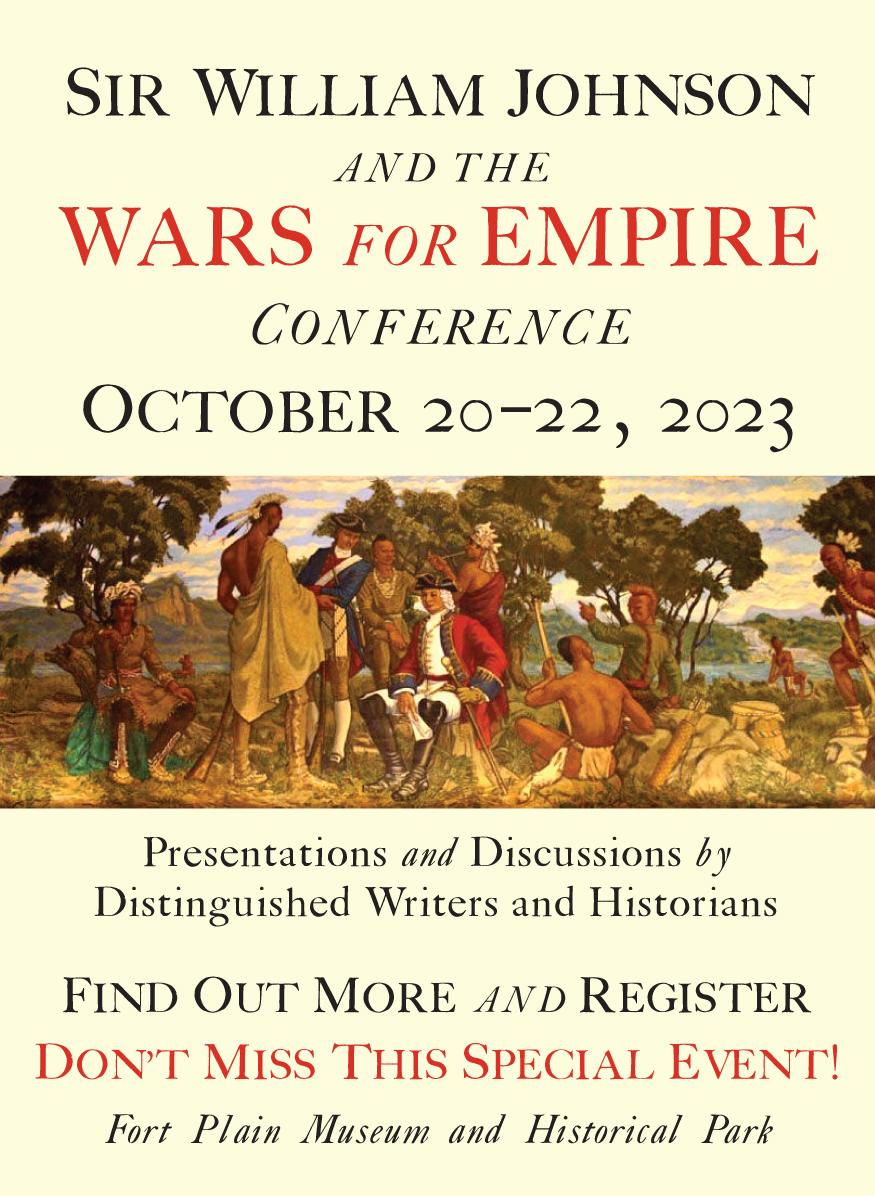



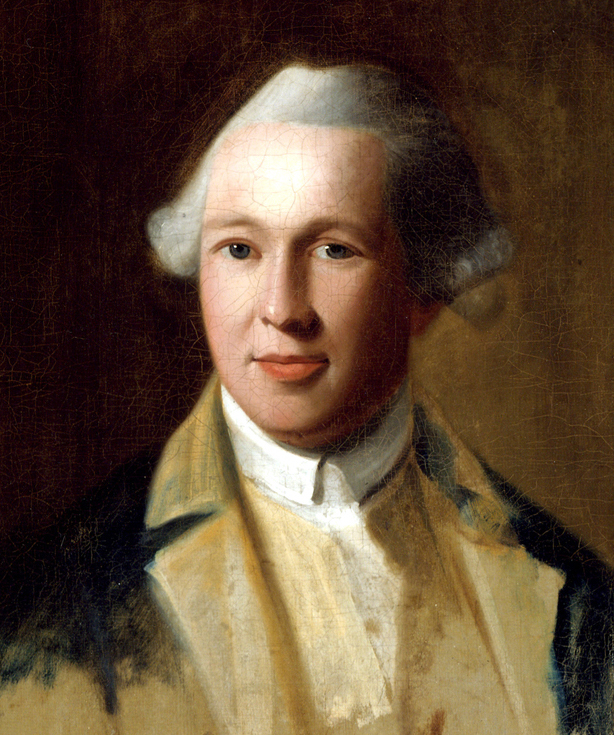
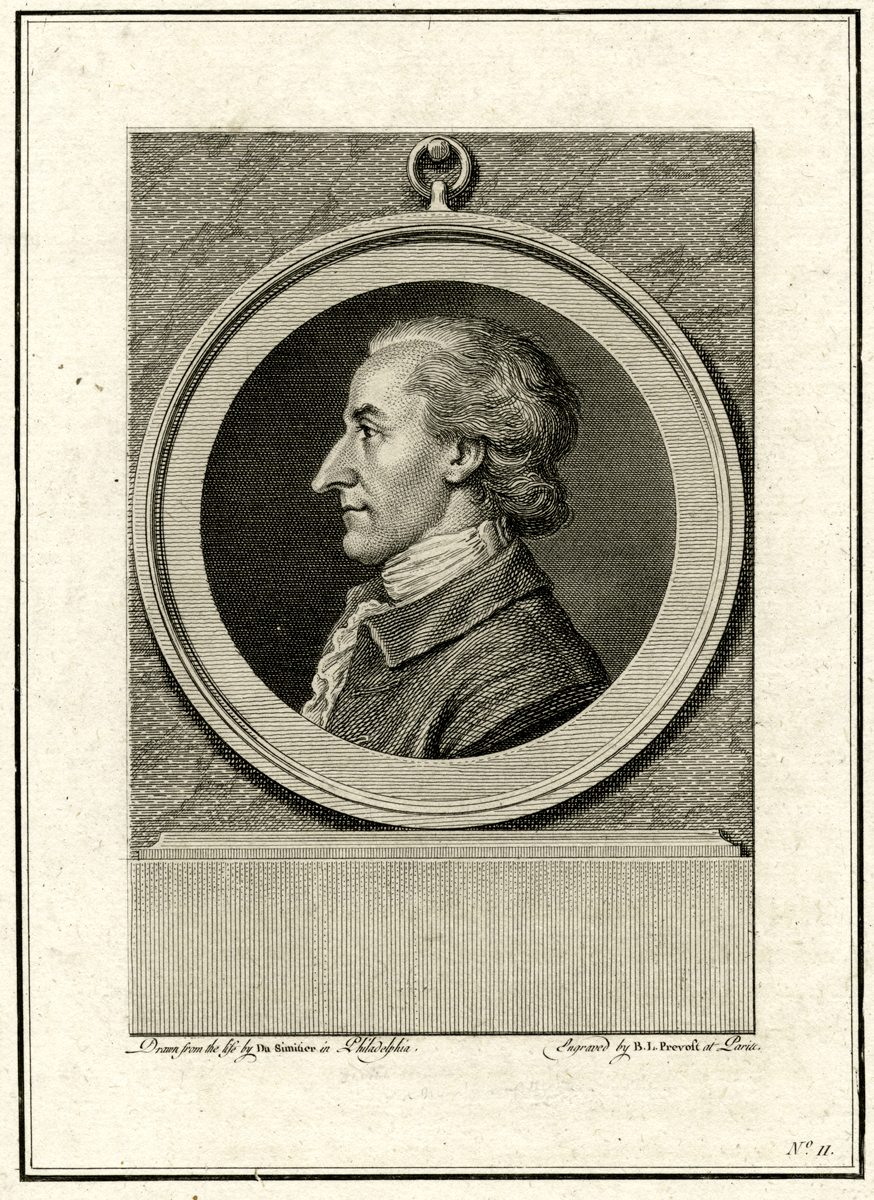
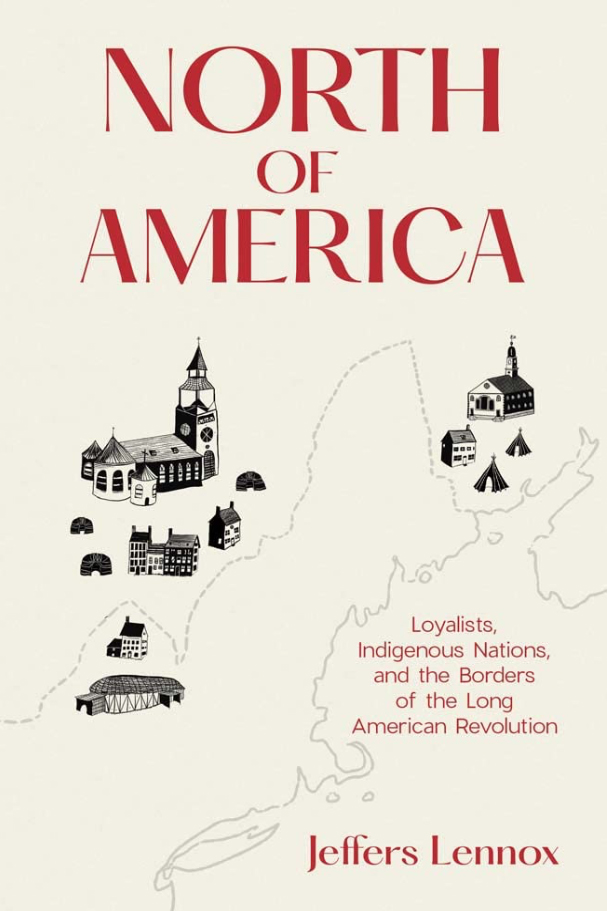
6 Comments
Hopefully this musical will tour or like one of my favorites “1776” and be put into a DVD at some point in time so that others around our Country can see it.
I found “1776” to represent quite a history lesson that led you along with entertainment, constantly nudging you with historical insights and occasionally hitting you right upside the head with scenes like South Carolinian Rutledge forcing compromise over the statements on slavery in the original draft of The Declaration of Independence.
And while we are at reviewing…..has anyone an opinion they would like to share on National Geographic’s “Saints and Strangers”? I feel this is quite good and very close to the true story except…….that it did not make clear that the passengers of The Fortune, in the majority, were original members of The Speedwell, members of the Walloon Church or otherwise good people and had only a handful of “bad eggs” among them.
Thank you for turning us on to “Hamilton”.
Couldn’t agree more. In total, thoroughly entertaining and probably the most historically accurate theatric production of a “founding father” ever.
There are numerous Hamilton-related sites one can visit while in New York City to enjoy the show, not the least of which is his and Eliza’s grave site at Trinity Church and their home Hamilton Grange uptown (www.nps.gov/hagr).
I stopped by the dueling ground area in Weehawken NJ when I was nearby.
I know TURN isn’t the most accurate show on television history wise, but I enjoy and compared to Sons of Liberty it’s a documentary in the accuracy department.
Since listening to the Hamilton soundtrack a year ago, I’ve listened to Audiobook biographies on Hamilton and Washington (Chernow), Burr (Isenberg), and Adams (McCullough), plus an audiobook of The Federalist Papers. I’ve never had the slightest interest in history until now. I actually just found your site as I was searching for my next book and found your “Top 100” reading list. I only just saw the musical myself last month, but holy cow what a strange rabbit hole of obsession it’s sent me down!